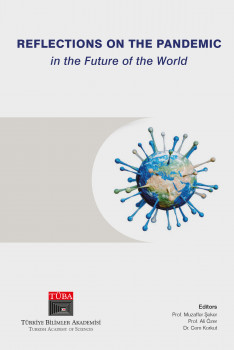Outbreak Control and Preparatory Actions in the New Normal Period

Outbreak Control and Preparatory Actions in the New Normal Period
Persisting worldwide, the COVID-19 pandemic results not only in major public health concerns, but also in several social and industrial issues in economy, labor, education and many other fields. In this context, the epidemic continues to take a negative hold. Due to, amongst others, the increasing and aging population, improper urbanization, irregularities in income distribution worldwide, increased resistance to antimicrobial agents, global warming and climate changes, intrusive approaches to wildlife, the epidemiology of infections is undergoing a worldwide change and new infectious diseases are emerging, some of which pose a threat of outbreak, even pandemic. Therefore, different policies should be adopted against outbreaks both on a national and global scale. An “Institute of Infectious Diseases and Epidemics” should be established very urgently within TUSEB (Directorate of Health Institutes of Turkey). Actions that attach importance to the understanding of “Singular Health” should be taken throughout the country. The efforts to take structural measures that will work in case of epidemics, to raise qualified manpower in medicine and to achieve the required capacity of vaccine and drug production along with rapid diagnosis and advanced analysis in epidemic situations should be maintained consistently. During the outbreak, further actions should be taken for potential issues in social life, economy, labor, education, agriculture and other fields. To achieve these goals, specific policies should be set, and an advanced cooperation should be established between the World Health Organization and other concerned international organizations by ensuring the integrated operation of institutions within the country.
